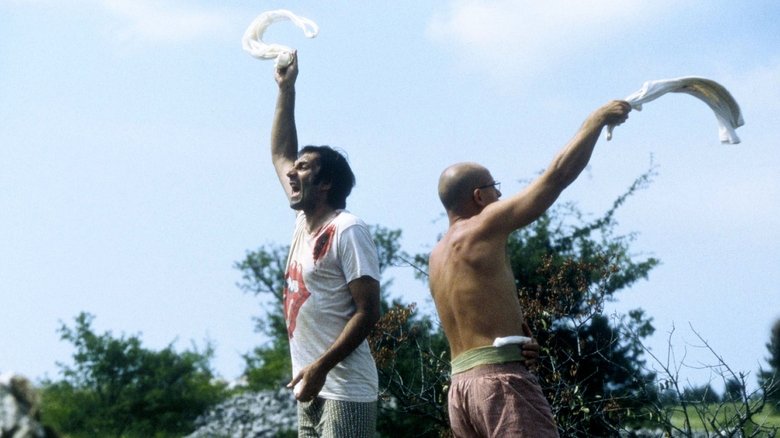Best movies depicting the Balkan Wars
Delve into cinematic explorations of the Balkan Wars, a complex period brought to life on screen. These films offer powerful and often difficult insights into the human cost of conflict.
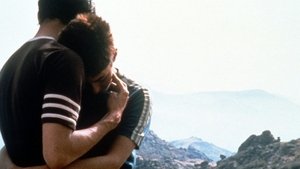

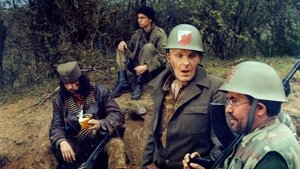
The Balkan Wars of the 1990s were a series of brutal and intricate conflicts that tore through the former Yugoslavia, leaving deep scars on the region and its people. Translating such a recent and painful history to film presents unique challenges, requiring filmmakers to navigate complex political narratives, ethnic tensions, and the raw trauma of war.
Cinema has played a crucial role in both documenting and interpreting these events, offering audiences around the world a glimpse into the lives affected by the violence. Directors, both from the Balkan countries and internationally, have approached the subject from various angles, from the absurdist dark comedy of 'Underground' to the stark, personal horror depicted in films like 'Grbavica'. Many films focus on the experiences of civilians, highlighting displacement, siege, and the struggle to maintain humanity amidst chaos.
Others tackle the breakdown of trust, the role of international intervention, or the lingering search for justice and reconciliation. What unites many of these works is a raw, unflinching portrayal of conflict, often devoid of easy heroes or villains, reflecting the moral ambiguities of the time. While some films have faced controversy for their perspectives, they collectively form an essential body of work for understanding a pivotal moment in recent European history and the enduring impact of ethnic conflict.
12. Balkan Line (2019)
Balkan Line (Балканский рубеж) is a 2019 Russian-Serbian action film focusing on the 1999 events in Kosovo, specifically the Russian capture of Slatina airport. The movie blends historical events with fictionalized characters and dramatic action sequences. It tells the story of a small unit of Russian soldiers tasked with securing the airport before NATO forces arrive. The film offers a perspective on the Kosovo conflict from the viewpoint of Russian involvement, highlighting the tensions between Russia and NATO during this period. While primarily an action film, it touches upon the complexities and differing narratives surrounding the final stages of the Balkan Wars.
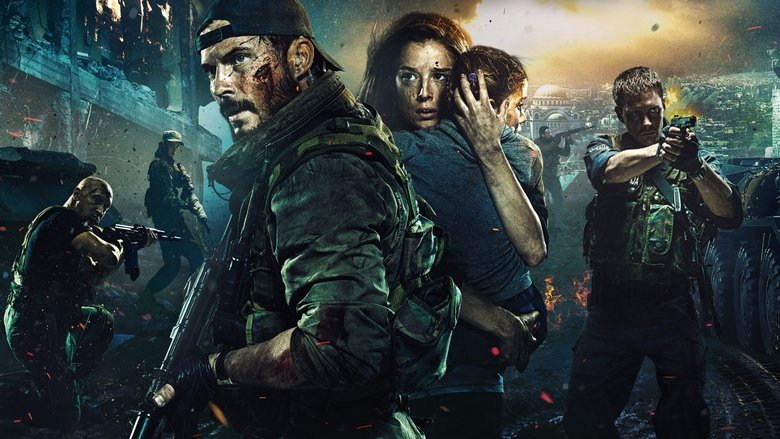
11. The Weight of Chains (2010)
The Weight of Chains is a 2010 documentary film directed by Boris Malagurski that examines the dissolution of Yugoslavia, the subsequent wars, and the role played by Western powers in the region. The film presents a critical perspective on NATO intervention and the economic and political factors that contributed to the conflict and its aftermath. Through interviews and archival footage, it argues that external influences exacerbated ethnic tensions and contributed to the breakup of the country. While a documentary, it offers a specific, often controversial, viewpoint on the causes and consequences of the Balkan Wars, prompting viewers to consider alternative narratives surrounding the conflict.

10. The Perfect Circle (1997)
The Perfect Circle (Savršeni Krug) is a 1997 Bosnian film set during the Siege of Sarajevo. Directed by Ademir Kenović, the movie follows a poet who stays behind in the besieged city with his nephew after his family flees. He finds two orphaned brothers who have escaped from an occupied village and takes them in. The film offers a poignant look at life under siege, capturing the resilience, despair, and unexpected moments of humanity amidst the constant threat of shelling and snipers. It's a touching portrayal of survival, compassion, and the struggle to maintain dignity and connection in the face of unimaginable hardship, providing a deeply personal perspective on the devastating impact of the siege on the city's residents.

9. The Whistleblower (2010)
Based on the true story of Kathryn Bolkovac, a Nebraskan police officer who served as a peacekeeper in Bosnia after the war, The Whistleblower exposes the dark underworld of human trafficking and corruption she uncovered within the UN and other international organizations. Starring Rachel Weisz, the film is a harrowing thriller that sheds light on a lesser-discussed consequence of the conflict and the breakdown of order. It highlights the dangers faced by those who try to expose uncomfortable truths, even within organizations meant to help. The movie is a powerful, albeit difficult, watch that reveals the human cost of the war extending far beyond the fighting itself.

8. In the Land of Blood and Honey (2011)
Angelina Jolie's directorial debut, In the Land of Blood and Honey (2011), is a stark and emotionally charged drama set during the Bosnian War. The film tells the story of Ajla, a Bosnian Muslim artist, and Danijel, a Serb officer, who had a relationship before the war but find themselves on opposite sides when the conflict erupts, with Ajla becoming a prisoner in a camp where Danijel holds authority. Jolie aimed to depict the brutal realities of the war, including ethnic cleansing and sexual violence, and consulted with survivors during the filmmaking process. The movie was shot in two versions, one in English and one in the local languages (Serbian, Bosnian, Croatian), a testament to the filmmakers' commitment to authenticity.
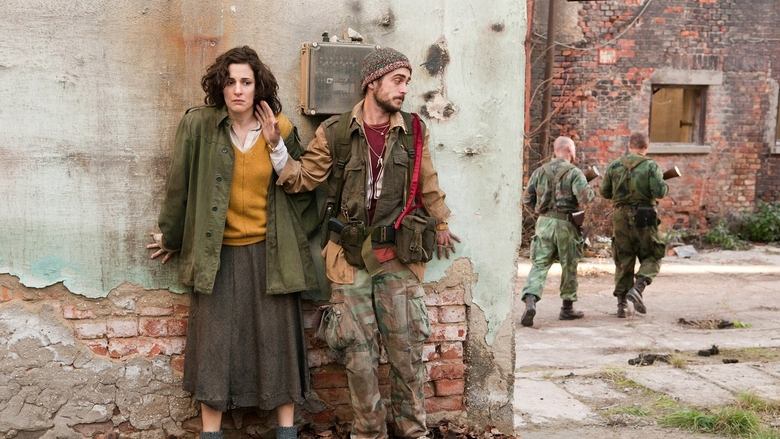
7. The Hunting Party (2007)
Inspired by a 2000 Esquire article titled 'What I Did On My Summer Vacation' by Scott Anderson, The Hunting Party is a dark comedy-thriller about journalists in Bosnia attempting to track down a notorious war criminal. Starring Richard Gere, Terrence Howard, and Jesse Eisenberg, the film blends elements of satire with the serious subject matter of hunting down figures like Radovan Karadžić (though the character is fictionalized). While not a direct depiction of the fighting, it explores the lingering consequences of the war and the international efforts, or lack thereof, to bring perpetrators to justice years later. It offers a unique, albeit fictionalized and dramatized, look at the post-conflict landscape and the shadow cast by unpunished atrocities.

6. Savior (1998)
An American production starring Dennis Quaid, Savior (1998) is a gritty and intense drama set amidst the Bosnian War. Quaid plays a U.S. mercenary seeking vengeance after his family is killed, who finds himself protecting a young Serb woman and the baby she carries, conceived through rape by Muslim soldiers. Directed by Predrag Antonijević, the film pulls no punches in depicting the brutality and moral compromises of the conflict. While an external perspective, it attempts to portray the complex and often horrific realities faced by civilians and soldiers alike, highlighting the cycle of violence and the glimmer of humanity that can sometimes emerge in the darkest circumstances. It's a difficult watch but offers a raw portrayal of the war's impact.
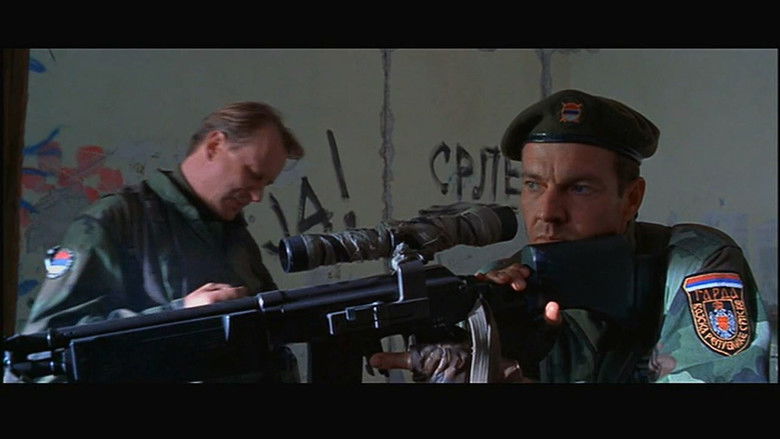
5. Pretty Village, Pretty Flame (1996)
Srđan Dragojević's Pretty Village, Pretty Flame (Lepa sela lepo gore) is a dark, satirical, and often brutal Serbian film set during the Bosnian War. Released in 1996, it follows a group of Serb soldiers trapped in a tunnel, reflecting on the events that led them there through a series of flashbacks. The film doesn't shy away from showing the horrors of war but often injects a cynical, black humor into the proceedings, highlighting the absurdity and tragedy of the conflict from the perspective of ordinary men caught up in it. It became a significant commercial success in Serbia and is considered one of the most important films dealing with the Yugoslav Wars from a Serbian viewpoint, sparking considerable discussion upon its release.

4. Grbavica: The Land of My Dreams (2006)
Grbavica: The Land of My Dreams, directed by Jasmila Žbanić, offers a deeply moving and intimate look at the aftermath of the Bosnian War, specifically focusing on the struggles of women. The film, which won the Golden Bear at the Berlin International Film Festival in 2006, tells the story of Esma, a single mother in contemporary Sarajevo trying to provide for her teenage daughter, Sara. Sara believes her father was a war hero, but Esma carries a painful secret related to her experiences during the conflict. The movie is a powerful exploration of trauma, truth, and the difficulty of healing in a society still grappling with the scars of war. It highlights the often-unseen victims and the long-lasting psychological impact of violence, particularly sexual violence, on individuals and families.

3. Before the Rain (1994)
Set across three interconnected stories in Macedonia and London, Before the Rain (Pred doždot) is a poignant and visually arresting film that explores the cyclical nature of conflict and ethnic hatred. Directed by Milcho Manchevski, it was nominated for an Academy Award for Best Foreign Language Film and won the Golden Lion at the Venice Film Festival in 1994. The narrative structure, which cleverly loops back on itself, underscores the idea that violence and prejudice are difficult cycles to break. The film features stunning cinematography and a haunting score, creating an atmosphere of impending doom and inescapable fate. It tackles themes of identity, love, and the devastating impact of war on individuals and communities, offering a powerful meditation on the tensions that simmered and erupted in the Balkans.

2. Underground (1995)
Emir Kusturica's epic Underground (Podzemlje) is a sprawling, surreal, and controversial journey through the history of Yugoslavia, from World War II to the 1990s conflicts. Awarded the prestigious Palme d'Or at the Cannes Film Festival in 1995, the film follows a group of partisans who retreat into an underground cellar during WWII and continue manufacturing weapons, unaware that the war above ground has ended and decades have passed. Kusturica employs his signature chaotic, circus-like style, blending dark humor, magical realism, and tragedy. The film sparked significant debate upon its release, with some critics interpreting it as a pro-Serbian allegory, while others saw it as a critique of Yugoslav history and the forces that led to its collapse. Regardless of interpretation, it's an undeniably ambitious and visually stunning work that attempts to grapple with the complex and painful history of the region.
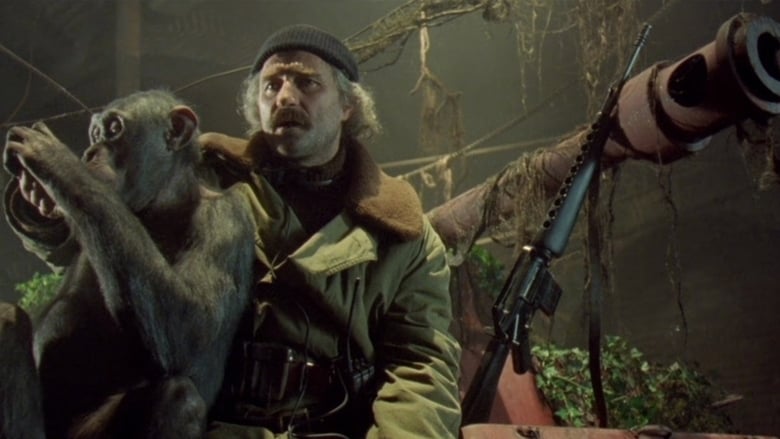
1. No Man's Land (2001)
No Man's Land is a powerful and darkly comedic look at the absurdity of war, specifically set during the Bosnian conflict in 1993. Directed by Danis Tanović, who himself experienced the war firsthand, the film masterfully uses a simple, contained scenario – two wounded soldiers, one Bosnian and one Serb, trapped in a trench between enemy lines with a third soldier lying on a spring-loaded mine – to explore the wider futility and tragedy of the conflict. It’s a brilliant piece of filmmaking that earned the Academy Award for Best Foreign Language Film in 2002, beating out films like Amélie. The confined setting amplifies the tension and allows the film to delve deep into the human element, showing how bureaucracy, media attention, and the ingrained hatred between factions complicate even the most desperate situations. A must-watch for its sharp writing and poignant message.
